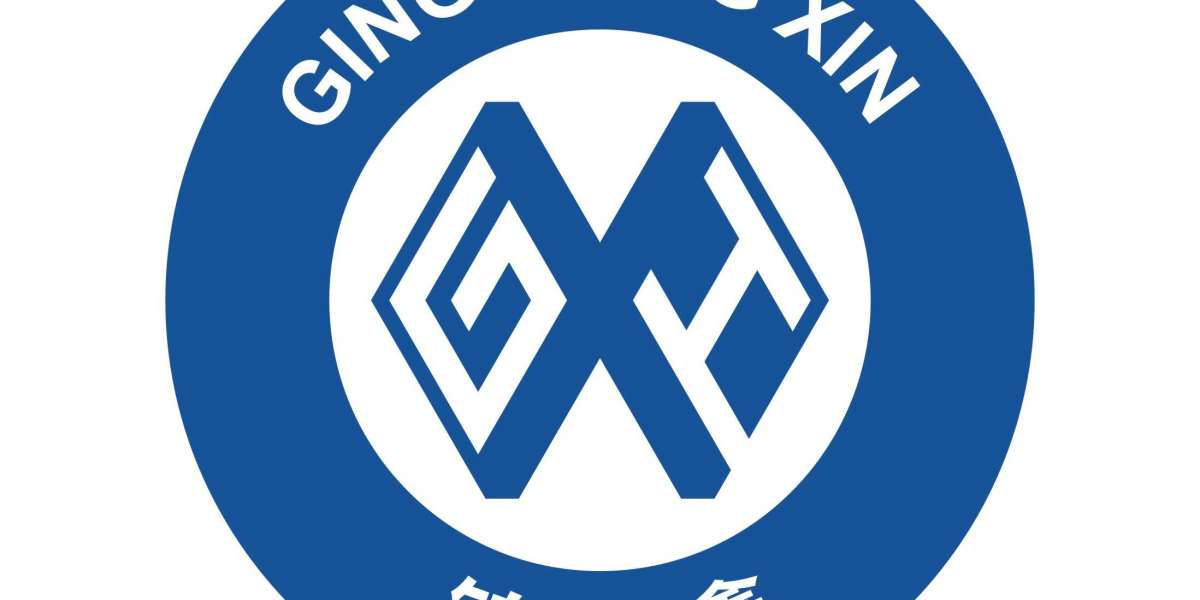Here are a few common classifications of laptop shell materials.
Carbon Fiber
The carbon fiber material is a very interesting material, it has both the elegant and strong characteristics of aluminum and magnesium alloy, but also has the high plasticity of ABS engineering plastic. Its appearance is similar to plastic, but the strength and thermal conductivity of ordinary ABS plastic and carbon fiber is a conductive material and can play a similar role in metal shielding (ABS laptop shell requires another layer of the metal film to shield).
Therefore, as early as April 1998, IBM was the first to launch the use of a carbon fiber shell for the laptop computer, but also IBM has been vigorously promoting the protagonist. According to IBM, carbon fiber toughness is twice as strong as aluminum-magnesium alloy and has the best heat dissipation. If used at the same time, the carbon fiber laptop shell touches the least hot hands.
The disadvantage of carbon fiber is the higher cost and molding is not as easy as ABS laptop shells, so the shape of carbon fiber laptop shells is generally simple lacks variation, and coloring is also more difficult. In addition, the carbon fiber laptop shell has the disadvantage that if the grounding is not good, there will be a slight sense of leakage, so IBM in its carbon fiber case covered with a layer of insulation coating.
PC-GF
PC-GF is also a kind of material used for laptop shells, its raw material is petroleum, processed by the polyester slicing factory into polyester slicing granules, then processed by the plastic factory into finished products, it is less than PC + ABS some characteristics of ABS, but PC-GF has its own characteristics.
Different specifications have different characteristics, such as PC-GF10, PC-GF15, PC-GF20, PC-GF30, etc. With ultra-high mechanical properties, heat resistance, and dimensional stability, it can replace the punching and die-casting of aluminum, lead, or other metals inside commercial appliances of different degrees.
PC-GF is also called reinforced modified PC, which also has excellent impact strength, high heat resistance, and good dimensional stability. It is stable in water, minerals, and organic acids, partially soluble in aromatic carbohydrates, soluble in chlorides and decomposes under the action of strong bases.
Glass fiber and carbon fiber reinforced PC has low water absorption. The corrosion resistance to the environment can be greatly improved by reinforced PC. High flowability PC can be used to make thin-walled parts less than 1 mm. the creep resistance and deformation resistance under a load of PC-modified materials are significantly improved. From a practical point of view, its heat dissipation performance is also better than ABS plastic, heat dispersion is more uniform, and its biggest drawback is that it is more brittle, a drop will break, commonly disc made of this material.
The use of this material is more notable in FUJITSU, as many models are used in PC-GF20 material, and the whole shell is made of this material.
PC-GF material feels like metal, both from the surface and from the feel of touch. If there is no logo inside the laptop, from the outer surface alone without looking very carefully, you may think it will be it is an alloy material. Therefore, we should pay attention to distinguishing when buying, do not be confused by its appearance Oh.
ABS Engineering Plastics
ABS engineering plastics are probably the most used in laptop shells, and can be found in almost every laptop: some are used in the entire shell, some are used only on the top cover of the screen, and some are used only in the memory or hard drive cover.
In domestic laptops, most of the laptops labeled ordinary shell are clear with this material, and in foreign brands, the volume is slightly larger (that is, fully built-in laptop) in most of the ASB engineering plastic, for example, we are familiar with the SONY Z1 wrist rest and the top cover of the screen. The biggest advantage of ABS engineering plastics is the cheap price.
ABS engineering plastics PC + ABS (engineering plastic alloy), is the Chinese name in the chemical industry called plastic alloy, the reason for the name PC + ABS, is that this material has both excellent heat and weather resistance, dimensional stability, and impact resistance of PC resin, but also has excellent processing fluidity of ABS resin. So it is applied to thin-walled and complex-shaped products, which can maintain its excellent performance, as well as maintain the moldability of the material composed of plastic and an ester. It is currently mainly used in communication equipment, household appliances, automobiles, computers, and peripheral parts.
Generally speaking, ABS engineering plastics are used by most laptop manufacturers due to their low cost, and most plastic laptop shells are currently made of ABS engineering plastics as raw materials, while carbon fiber and poly-carbon acetate are less common.







